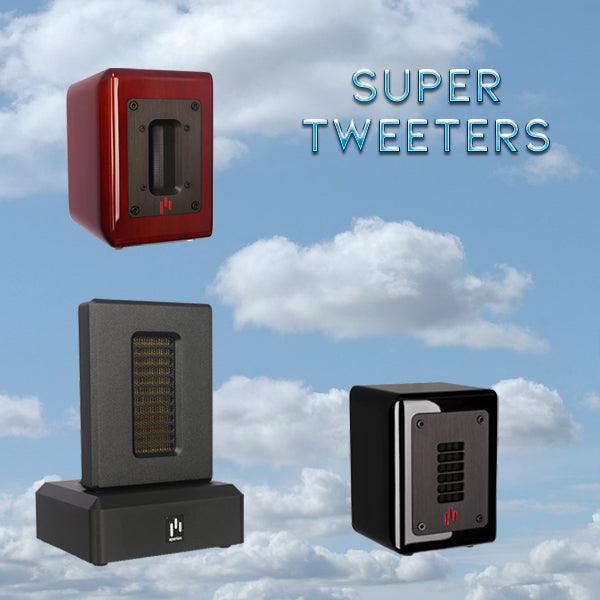Welcome to our "Aperion University" series. Here, we will introduce you to some basic acoustics knowledge in a simple and uncomplicated way. We hope it will be useful to you. If you like it, please follow us!
Is sensitivity important to the sound quality of speakers?
When many friends talk about speakers, they introduce the various parameters and specifications of the speakers they have used. Sensitivity is mentioned the most.
So today let’s talk about how the sensitivity of a speaker affects its sound quality.
When choosing speakers, many consumers first look at speakers' specifications, and sensitivity is only one of many parameters.

It isn't easy for ordinary consumers to understand the relationship between these parameters and sound quality.
What is speaker sensitivity?
Speaker sensitivity refers to how effectively a speaker converts the power of an amplifier into sound energy. In simple terms, it indicates the volume level a speaker can achieve with a specific amount of amplifier power.
The sensitivity level has no direct connection or impact on the sound quality in a home audio system.
We cannot simply or excessively assume that the higher the sensitivity of the speaker, the better the sound quality. Of course, we cannot directly deny that if the sensitivity of the speaker is low, its sound quality must be very poor. These statements are wrong!
There are many well-known brands of high-fidelity speakers on the market, and their sensitivity is not high (between 84-88 dB). This is because the increase in sensitivity comes at the expense of increased distortion.
Therefore, as a high-fidelity speaker, to ensure timbre, sound restoration, and reproduction ability, it is necessary to lower the sensitivity requirements. In this way, the sound can be naturally balanced.
We see that some brand speaker parameters will be mentioned, such as how much sound pressure intensity can be obtained from 1 meter or 2.83 volts, or how much sound pressure intensity can be obtained from 1 meter/1 watt.

In fact, this does not have much significance for us to choose speakers to determine the quality of their sound.
Because most consumers don’t know or understand what these parameters mean? The specifications do not specify in what space and under what conditions these data were measured.
Or are these parameters measured in an anechoic chamber? Or was it measured in free space? Are these parameters measured at a frequency of 1000Hz or 500Hz? None of these are clearly stated

The sensitivity of a speaker is not just a simple concept of sound pressure level. It simply represents the efficiency of the speaker's electro-acoustic conversion, measured in decibels.
To put it simply, sensitivity is a question of efficiency.
A speaker with high sensitivity uses the amplifier's electrical power more effectively, while a speaker with low sensitivity uses it less effectively.
This leads to differing sound pressure levels between the two, signifying that the volume of sound is not the same.
High-sensitivity speakers produce louder sounds than low-sensitivity speakers with the same amplifier and the same output power.
Think of it as boxing practice. You have a 40 kg sandbag and an 80 kg sandbag. The 40 Kg bag stands for a high-sensitivity speaker, and the 80 Kg bag stands for a low-sensitivity speaker. The boxer hitting the sandbag is like a power amplifier in action.

Under the same striking force (output power), a 40 Kg sandbag will be hit farther than an 80 Kg sandbag.
In-home audio systems and high-sensitivity speakers are easier to drive, but that doesn't guarantee good sound quality. It's important to understand that sensitivity and sound quality are not the same thing.

Don't think that a speaker with high sensitivity can easily produce good sound. It only makes the sound louder due to higher power usage efficiency, and it does not help much with the sound quality and timbre.

Sign up for our newsletter below, and join our social media groups to stay up to date with the latest news and information from Aperion Audio!
 |
 |
If you need to add any speakers, take a look at our various surround speakers below. Thank you for your time!




 https://www.aperionaudio.com
https://www.aperionaudio.com